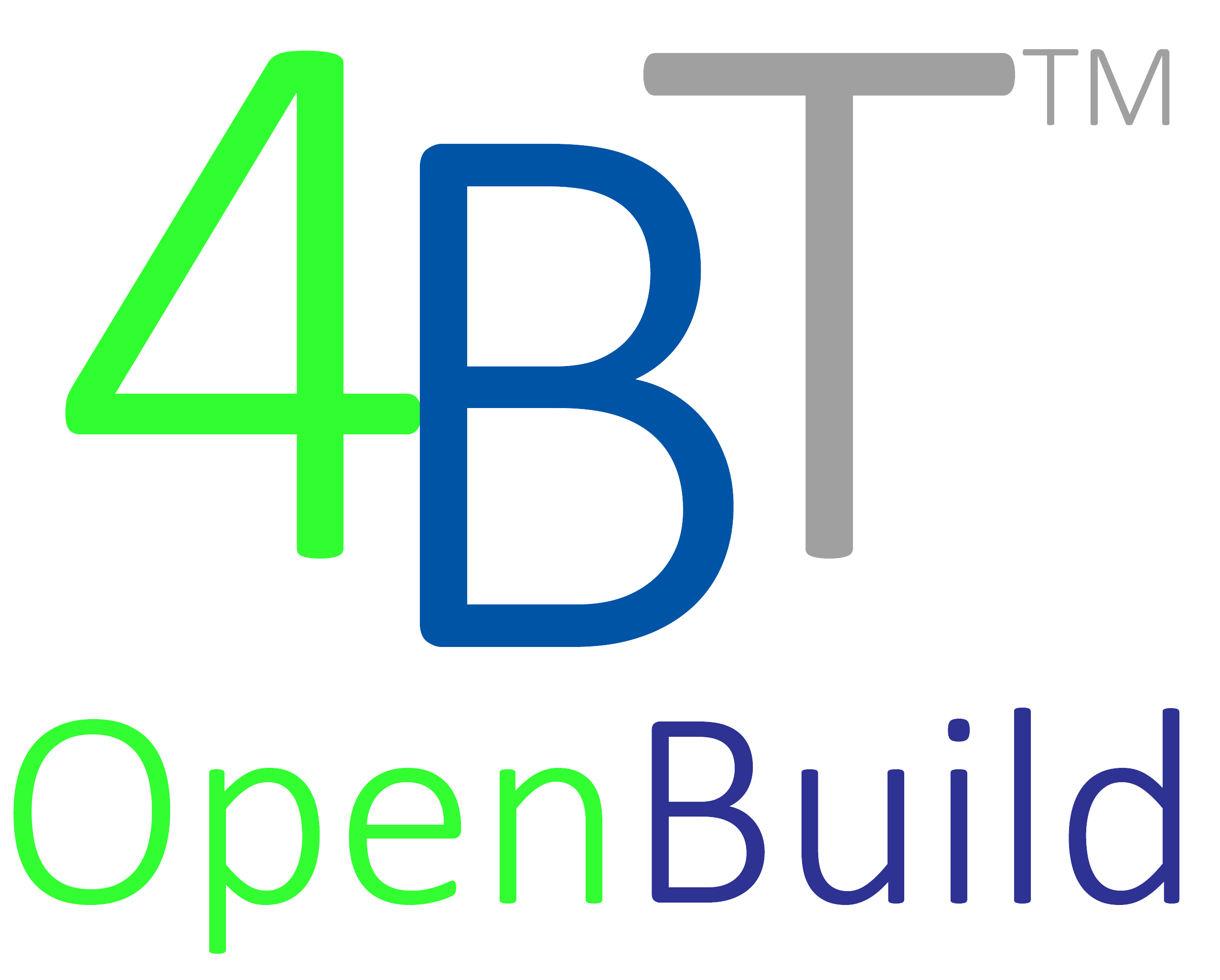JOC multi-stakeholder collaboration is the next step in productivity improvement.
To date, most Job Order Contracts have been used to speed the procurement of repair, renovation, maintenance, and less design-intensive new construction projects. While time reduction is certainly important, cost reduction, quality improvement, and improving owner/design-builder relationships are major additional benefits yet to be achieved on a widespread basis.
JOC Multi-stakeholder Collaboration and achievement of the noted benefits, required the following:
#1 Direct Owner Involvement – Leadership, accountability, and commitment provided by the owner on a direct and day to day business, without excessive reliance on consultants.
#2 Current local market granular cost data – Unit price (Note: use of assemblies is inappropriate for JOC) granular cost data that is locally researched and updated at least quarterly is needed in order to enable cost visibility and cost management. (Note: The use of national average cost data, historical data, location factors, or economic factors do not provide cost visibility or cost transparency.)
#3 Robust JOC Framework – Multi-party agreement that clearly defines mutually beneficial outcomes and include an Operations Manual/Execution Guide as well as quantitative performance metrics.

JOC multi-stakeholder collaboration is the next step in productivity improvement, including cost reduction and faster project timelines.
www.4bt.us
